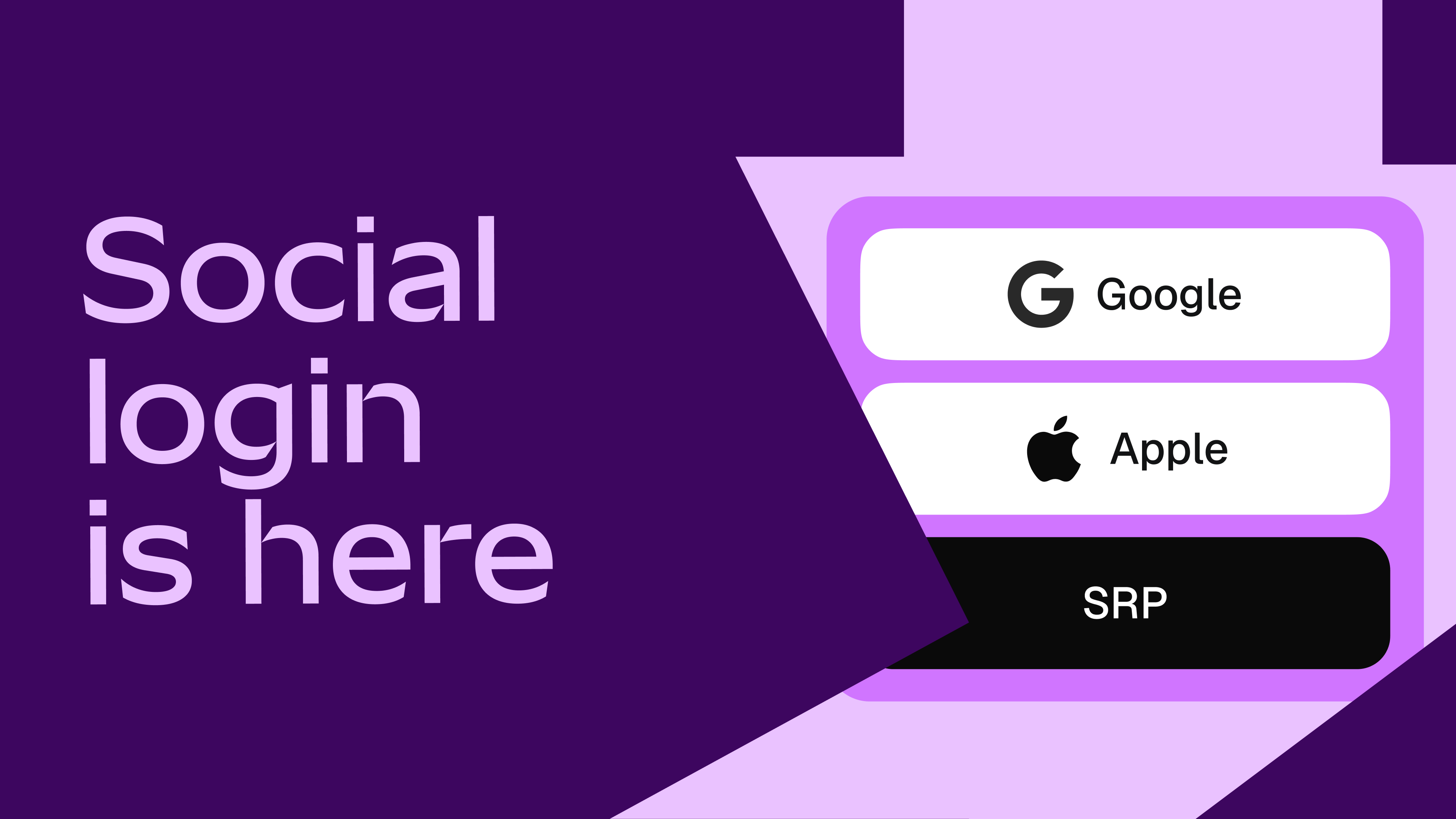MetaMask Social Login Launches, Eliminating Traditional Seed Phrase Management

MetaMask, the popular non-custodial Ethereum wallet developed by Consensys, officially launched its new Social Login feature on August 26, 2025. This significant update allows users to create, back up, and restore their Web3 wallets using familiar Google or Apple credentials, aiming to dramatically simplify the onboarding process for new users. The move addresses a long-standing barrier to entry in the decentralized web: the complex management of 12-word Secret Recovery Phrases (SRPs).
The innovative social login system employs advanced cryptographic primitives, including "Threshold Oblivious Pseudorandom Function" (TOPRF) and a distributed key management protocol. According to MetaMask, this technology ensures that users retain full custody of their digital assets, as neither MetaMask nor the social identity providers can access the complete Secret Recovery Phrase. The SRP is generated in the background and remains encrypted, accessible only through the combination of the user's social login and a unique password.
Francesco Andreoli, a key figure involved in the development, expressed his enthusiasm on social media, stating, > "BOOM, finally i can say it! Excited to share that @MetaMask Social Login is live 🎉... This is a huge step for our ecosystem enabling users to onboard seamlessly and create a wallet with the login methods they already use. No more friction, just faster entry into Web3." This integration is powered by Web3Auth, a third-party authentication provider specializing in decentralized key management.
This initiative is part of a broader industry trend to make Web3 more accessible to a mainstream audience. While the feature simplifies wallet creation by removing the manual handling of seed phrases, users are still advised to manage their unique passwords securely, as a lost password can prevent wallet recovery. MetaMask plans to expand social login options beyond Google and Apple in future updates, with mobile implementation already underway.